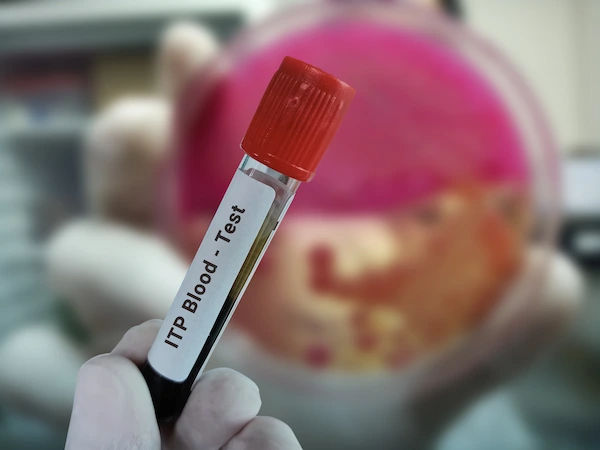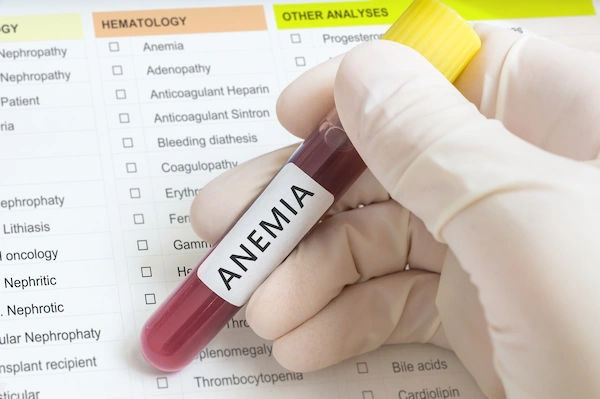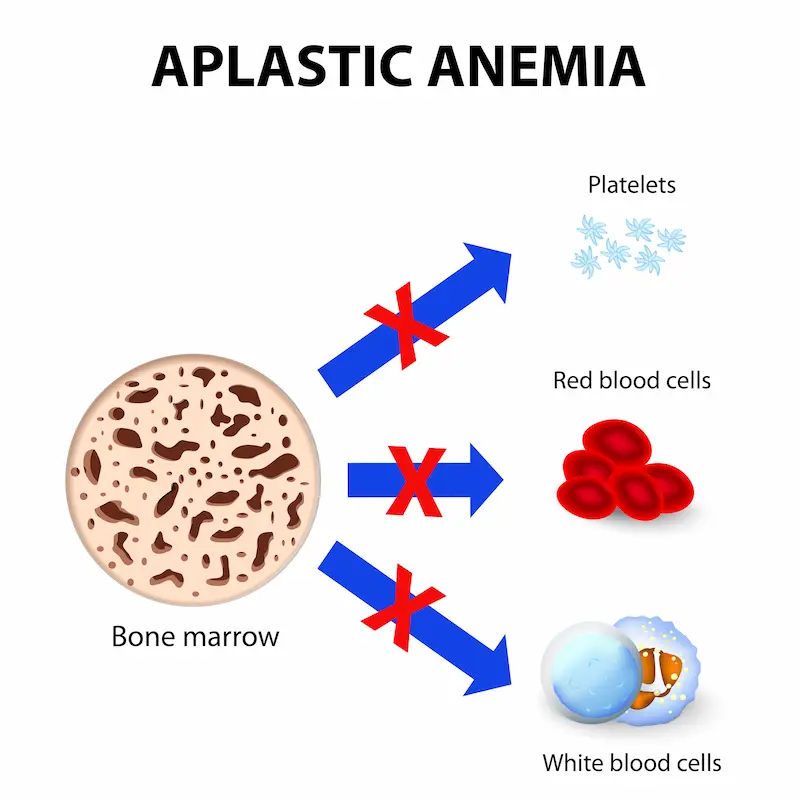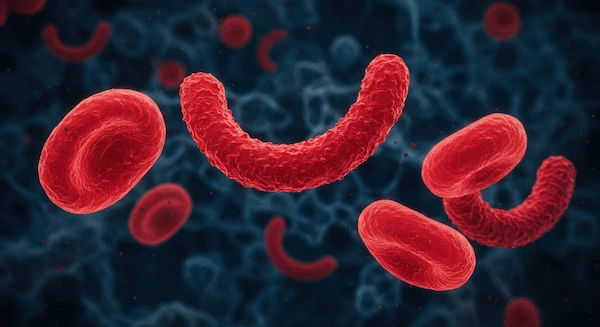- Female
- 22 Years
- 29/01/2025
I'm a bit worried because my platelet count is at 1.2 lakh per cubic millimeter. Is this harmful? Should I be considering any kind of treatment for this?
More Haematology Health Queries
View allGot my blood work back, and it turns out my iron levels are on the low side, measuring 41 ugdl when it should be between 60 to 150 ugdl. Should I be worried about this, and what steps can I take to improve it?
Low iron levels can lead to anemia and other health issues if left untreated. To treat this, I recommend taking Ferrous Sulfate tablets. You can take Ferrous Sulfate tablets. It is important to take it on an empty stomach for better absorption. Also, include iron-rich foods in your diet such as red meat, poultry, fish, beans, and fortified cereals. Additionally, consuming vitamin C-rich foods or supplements can help enhance iron absorption. Regularly follow up with your healthcare provider to monitor your iron levels and adjust the treatment as needed.
Answered by 1 Apollo Doctors
I'm kinda worried about my blood report since it says there's an alert for predominantly normocytic normochromic with macrocytes and ovalocytes anisocytosis. Can you explain what this means? I've attached a screenshot if that helps.
The blood report indicates that you have a mixed anemia, characterized by normocytic (normal-sized) and normochromic (normal-colored) red blood cells, along with the presence of macrocytes (larger-than-normal cells), ovalocytes (oval-shaped cells), and anisocytosis (unequal-sized cells), suggesting a possible deficiency in vitamin B12 or folate,
Answered by 1 Apollo Doctors
How can I raise my iron levels fast?
Taking Iron rich diet,meat,fish,prune juice,jaggery may help. Vitamin c intake may also boost iron absorption..
Answered by 1 Apollo Doctors
Disclaimer: Answers on Apollo 247 are not intended to replace your doctor advice. Always seek help of a professional doctor in case of an medical emergency or ailment.






